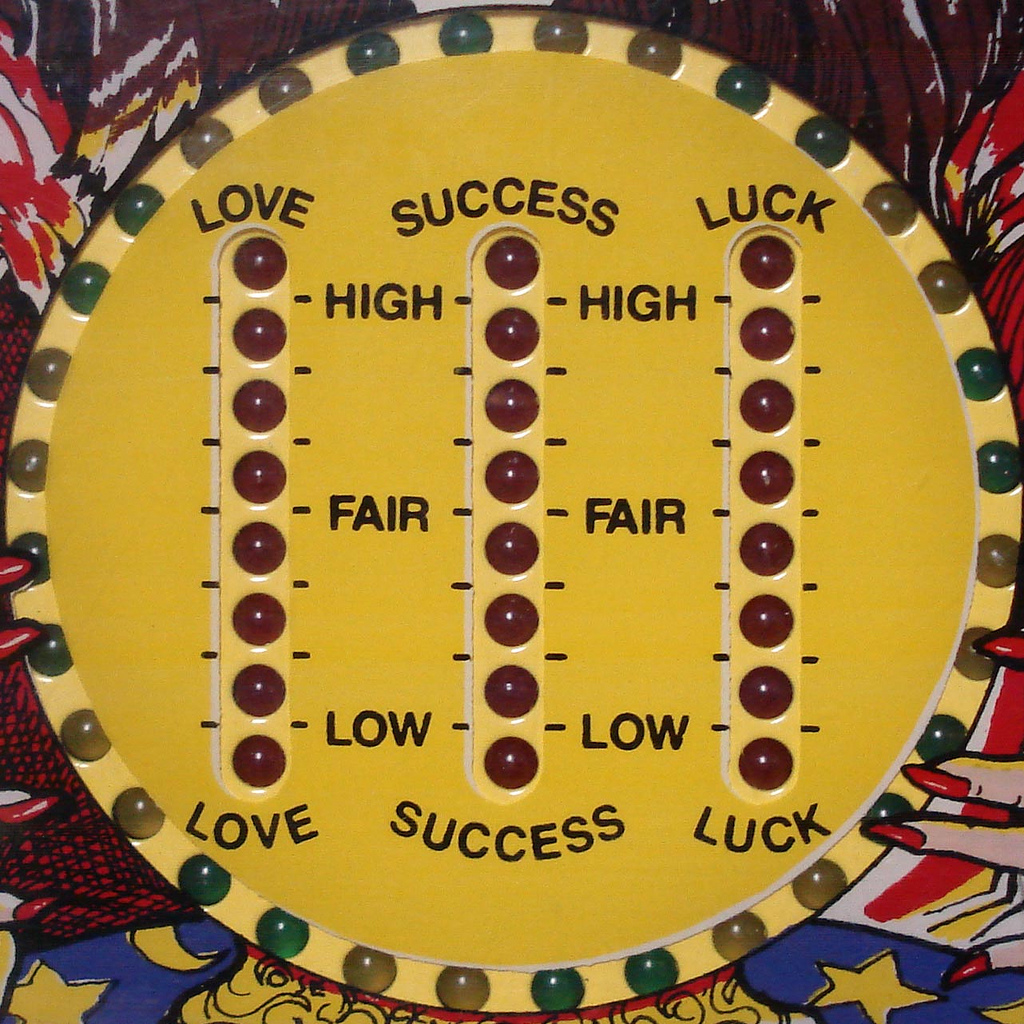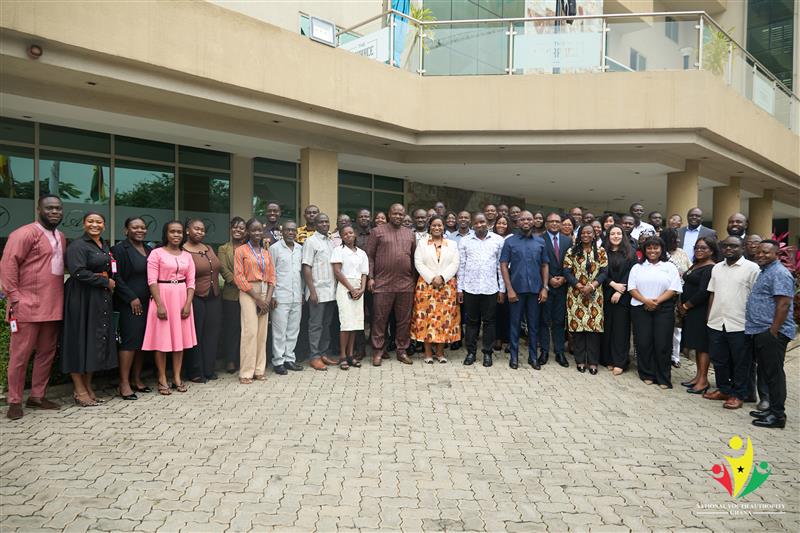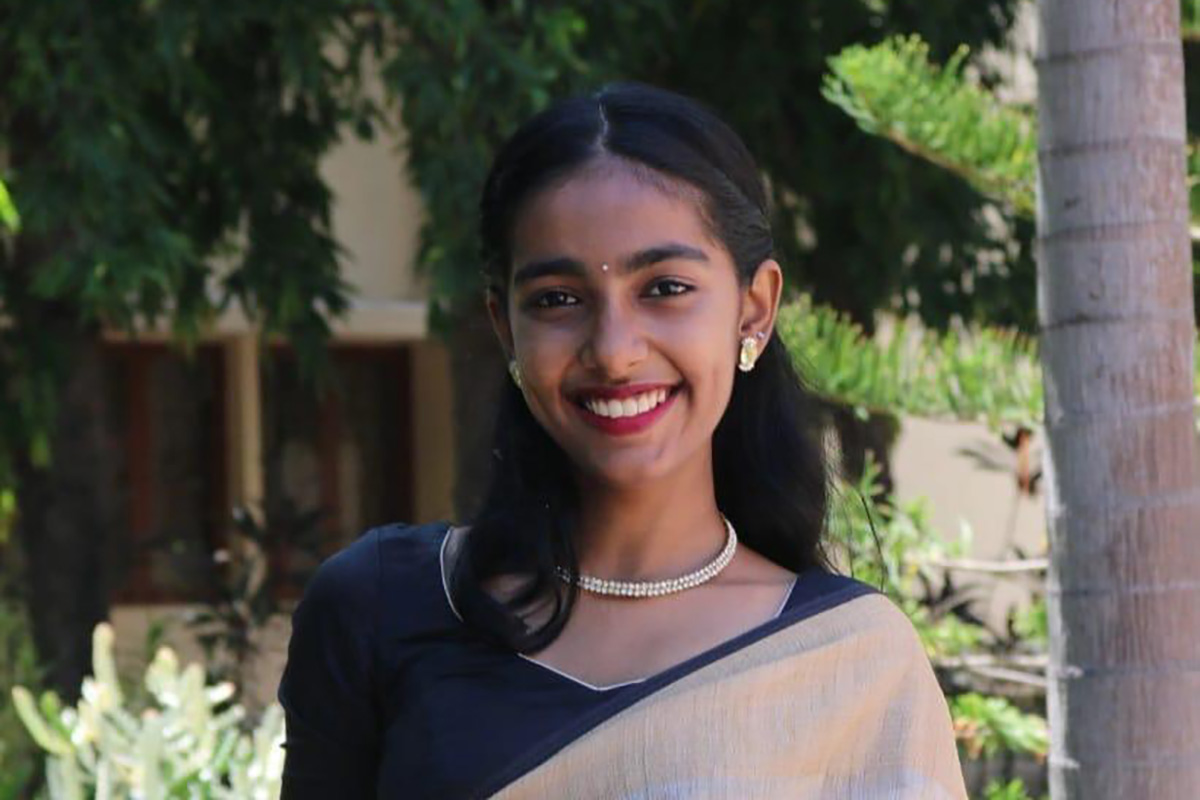“African youth need to see practical success”
January 10 Conferences featuring motivational speakers with trite phrases miss the mark, writes Joshua Orawo, 25, a Commonwealth Correspondent from Kenya, who argues that African youth need practical demonstration of how to fulfil their potential and reach success.
Conferences featuring motivational speakers with trite phrases miss the mark, writes Joshua Orawo, 25, a Commonwealth Correspondent from Kenya, who argues that African youth need practical demonstration of how to fulfil their potential and reach success.
I had the opportunity to attend the Africa Arise Conference in Nairobi in August 2014. This is an annual conference that draws attendees from all over the continent and beyond, with speakers addressing various aspects of African development vis-a-vis the rest of the world.
At the centre of the conference discussions at any particular time is the fundamental role the youth of this continent play – or are supposed to play – in enhancing her development to the levels of Europe, Asia or any other continent that is perceived to be more developed than our own Africa.
These discussions are packaged with a contingent of neatly dressed and fluently-speaking ‘young’ Africans who have ‘made it’ despite their seemingly young age and the myriad challenges they faced in the process of ‘making it’. They are walking evidence that African ‘youth’ have the potential to influence decision-making not just at the national level, but also at the continental level as they, our esteemed youthful guest-speakers are doing. They are, as a matter of fact, influencing policy decisions throughout the globe, and have been doing so sometimes for up to twenty years, despite their being youth – African youth.
The introduction of these youth and their invitation to the pedestal to address their audiences is characteristically hyped, pompous and colourful to say the least. Their hosts describe them in a way that would make any member of the audience believe that all their problems are just about to be fixed, or at least will be by the time the speaker is done delivering their highly-anticipated speech. Such introductions are followed by the guest jumping to the dais, more often than not carrying an iPad for reference. In a few instances, the ‘youth’ guest may actually be under forty, often times however they are only youthful at heart.
At the dais, the narrative is normally something that is by now familiar to most African youth, at least those that have had the pleasure (no pun intended) of listening to the motivation offered by these motivated youth speakers. It goes like this: ‘You’ve got to grab opportunities because they fly away and are grabbed by the prepared’; ‘youth is no excuse for not being great’; ‘I earned my first million dollars when I was only seventeen, why are you any different?’; ‘The youth must stop looking up to their parents to do everything for them but must instead stand to the occasion and design their own destiny’; ‘You must take the risk, no risk no gain.’
One can never utter enough of the catchy statements made by the youth-guests, to the effect that the members of the audience are actually not doing enough in their ‘quest’ to achieve greatness, as they cross from one end of the dais to the other. By the way, I, too, would use some of these watchwords when I go out to motivate some ‘youth’ who do not seem to understand how to become great. It does not matter that I have neither attempted to achieve greatness myself nor have I the slightest inkling of what greatness refers to. I would nonetheless call upon all the youth of Africa to embrace the spirit of greatness without which none of them will inspire history. Should I run short of major slogans from locally ‘renown’ personalities, I would rush to India and import Mohandas Gandhi’s famous quotes and they would fit just fine. I would not think twice about flying to the United States of America, home of the father of the African-American Civil Rights Movement, and his linguistic mantra would do me great. And so my audience would have noted quite a handful of quotes and major English sayings by the end of the session.
What an African youth, or any youth for that matter, needs is a practical step-by-step scheme of doing one thing and not doing the other thing, depending on the interest of the youth in question. This, in my view, is more helpful and impactful than inviting persons, self-declared youth, most of whom have largely succeeded in various fields owing to the infamous ‘god-father’ syndrome, to lecture the African youth with all their potential on success and failure, just to end up quoting what the said youth already know but whose knowledge thereof has not helped ameliorate their state.
Our intervention must be action-oriented as opposed to the verbal series that has always been the case. Persons who are genuinely after the success of the African youth must not simply talk of abstract concepts about what success entails, but must instead take their hand and walk with them in a systematic fashion – to the point that the young African can voluntarily say, “Well, I can manage from here, thank you.”
And whereas success should be celebrated regardless of the age of the holder of the said success, it is imperative and incumbent upon the organizers of some of these conferences – whenever they intimate that there will be invited a youth speaker -to check and ensure that the invited guest is actually youth.
It is 2.00 am and I have to catch some sleep!
photo credit: Fortune teller via photopin (license)
…………………………………………………………………………………………………………………
About me: A community-mobilizer, youth activist and laws graduate, I am the Executive Director of Intreach Community, a civil society organisation involved in philanthropy for impoverished children and other under-served societal groups. I work towards all inclusive political leadership, where the youth, women and children can voice their concerns without fear and where equality and mutual respect thrive; and a society where fundamental human rights are revered.
…………………………………………………………………………………………………………………
Opinions expressed in this article are those of the author and do not necessarily represent the views of the Commonwealth Youth Programme. Articles are published in a spirit of dialogue, respect and understanding. If you disagree, why not submit a response?
To learn more about becoming a Commonwealth Correspondent please visit: http://www.yourcommonwealth.org/submit-articles/commonwealthcorrespondents/
…………………………………………………………………………………………………………………




